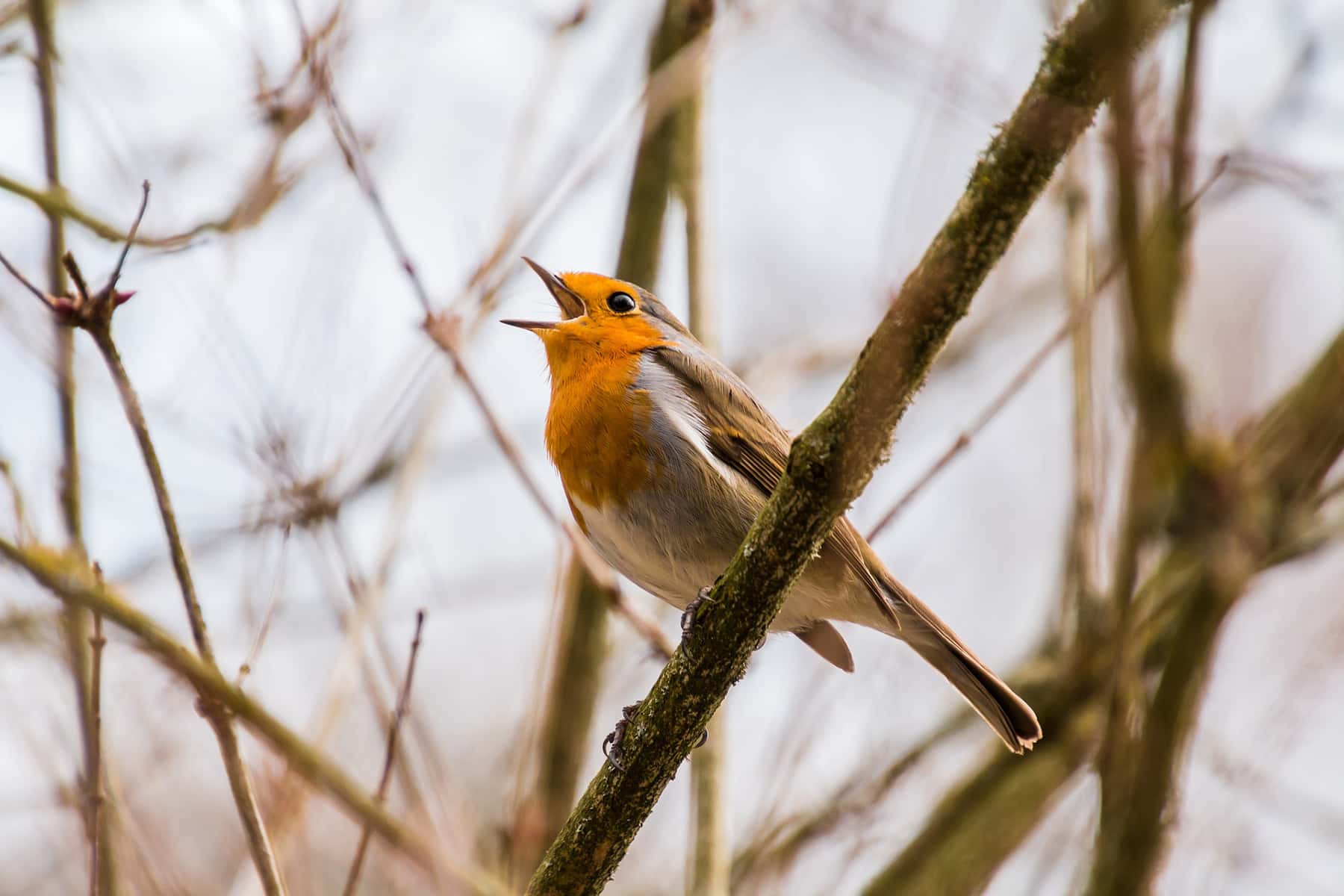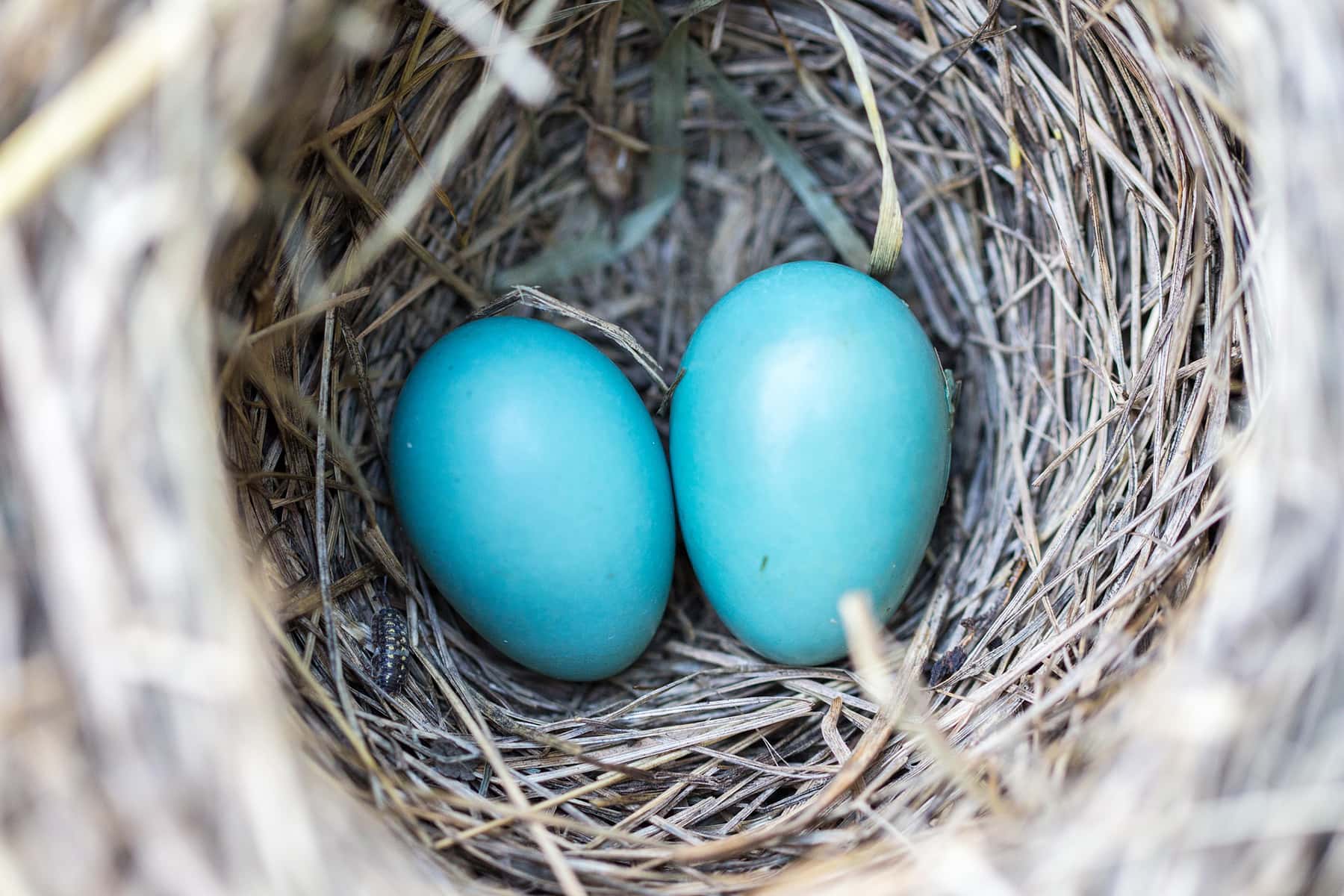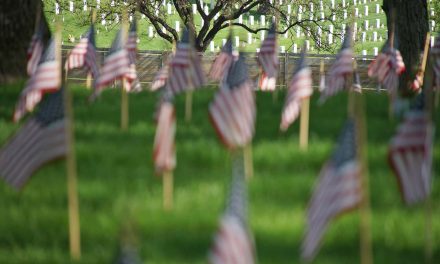
Milwaukee County earned another feather for its cap: 15,000 acres of its parks system were recognized for their “immense” value to migratory birds and designated as the state’s 93rd “Important Bird Area” during a July 25 ceremony at Lake Park.
Officials from the Wisconsin Bird Conservation Initiative, a collaboration of more than 180 groups working to conserve native Wisconsin birds, presented the designation at a ceremony event, that included a live raptor show featuring Lindsay Obermeier, director of the Schlitz Audubon Nature Center’s raptor program, and Nicco, a broad-winged hawk and Tskili – a great horned owl.
The site was a symbolic venue because 265 species of birds have been documented using Lake Park during their annual migration, and the event occurred as hundreds of “birders” from across the nation flocked to Milwaukee to attend the National Audubon Society annual conference.
“We were delighted to designate the Milwaukee County Park System as an Important Bird Area with so many bird lovers coming to Milwaukee to enjoy field trips, education, and conservation,” said Craig Thompson, a Department of Natural Resources section chief and bird expert leading DNR involvement in the collaboration. “It’s nothing short of remarkable that Wisconsin’s most populous county still has high quality habitat for a variety of birds, and that speaks volumes about the park system and their commitment to bird conservation. This designation is good for the birds and for the citizens of Milwaukee County.”
Fifty-seven bird species listed in DNR’s Wildlife Action Plan as Species of Greatest Conservation Need because of low or declining populations have been found using the natural areas within the Milwaukee County Park System.
“The value of these 15,000 acres to migrating birds is immense,” said Karen Etter Hale, WBCI chair and Wisconsin Audubon Council’s community relations director. “Seventy-five percent of the remaining green space in Milwaukee is found within Milwaukee County Parks.”
Other factors that contributed to the Important Bird Area designation was the park system’s active natural areas management program, its rigorous and long-term bird monitoring efforts, and its engaging accessible bird education programs that each year reach up to 4,000 people.
Brian Russart, Milwaukee County Parks System Natural Areas Coordinator, said the designation was very significant for the parks system and for urban natural areas across Wisconsin.
“We are certainly honored to be designated an Important Bird Area. Too often urban natural areas are not perceived as being essential for wildlife conservation, however if they are protected and properly managed these urban natural areas can maintain surprisingly diverse bird populations,” said Russart. “The Milwaukee County Park System’s location within a major bird migration corridor allows us to play a small, yet important role, in the larger international bird conservation efforts and Parks takes that stewardship responsibility very seriously.”
Russart serves as WBCI’s vice chair and nominated the park system for consideration as an Important Bird Area. The application was evaluated by a WBCI technical committee of ornithological experts including Thompson, Matt Reetz of Madison Audubon Society, Bill Mueller, director of the Western Great Lakes Bird & Bat Observatory, Michael John Jaeger of the Wisconsin Society for Ornithology, Stephanie Beilke of the National Audubon Society, and Ryan Brady, a DNR conservation biologist who serves as the bird monitoring coordinator for WBCI.
With the designation, the park system joins 92 sites in Wisconsin, 2,832 sites in the United States, and 12,000 other sites worldwide. The IBA program was launched by Birdlife International in 1985 to identify, protect and monitor sites essential to the conservation of bird populations globally.
The designation is voluntary and conveys no legal status or regulatory requirements, but highlights the importance of the Milwaukee County Parks System for bird conservation and will catalyze using IBAs as a springboard to advance active site conservation at Wisconsin’s other Important Bird Areas.
The Wisconsin Bird Conservation Initiative’s 5-year strategic plan, issued in 2018, placed a major new emphasis on putting Wisconsin’s 93 IBA designations to work for bird conservation through a variety of activities, ranging from developing tools to further assess the existing condition of sites, to collaborating to enhance habitat on the site, to fostering efforts to identify and seek partner funding to enhance sites, to identifying threats to IBAs and helping coalesce and catalyze partner efforts to reduce or eliminate those threats.


















